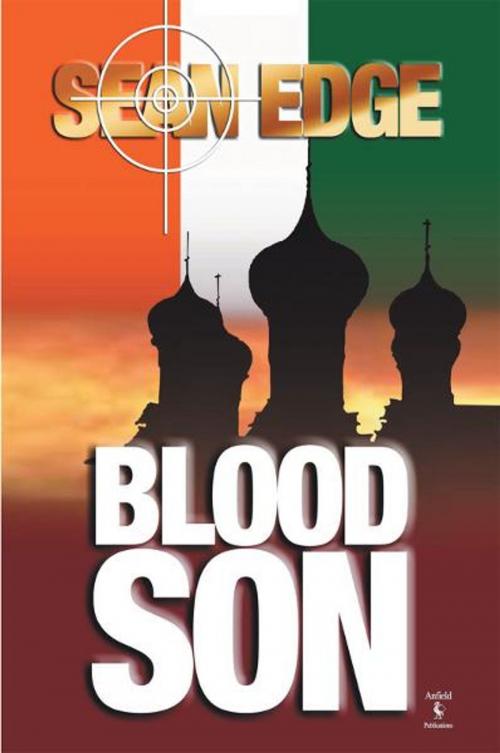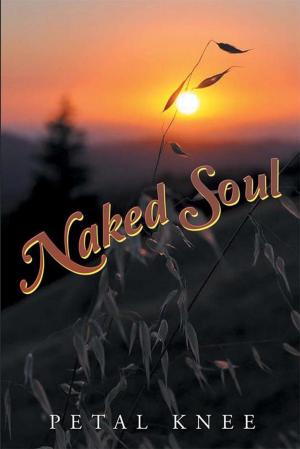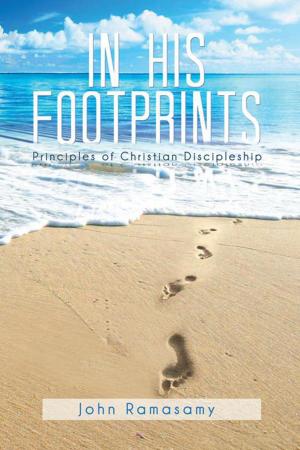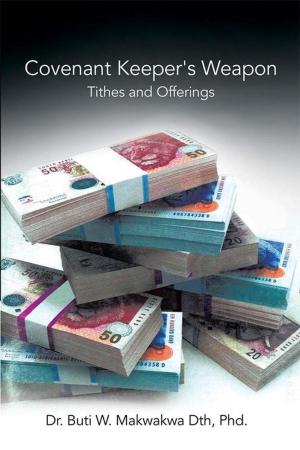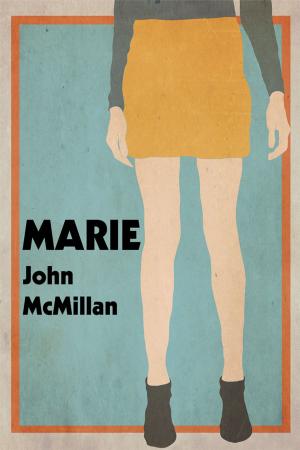| Author: | Sean Edge | ISBN: | 9781465310439 |
| Publisher: | Xlibris UK | Publication: | January 31, 2012 |
| Imprint: | Xlibris UK | Language: | English |
| Author: | Sean Edge |
| ISBN: | 9781465310439 |
| Publisher: | Xlibris UK |
| Publication: | January 31, 2012 |
| Imprint: | Xlibris UK |
| Language: | English |
Chapter 1 Belfast I N 1971 the security situation in Northern Ireland deteriorated by the minute. Death lurked on every street as Catholics, Protestant and luckless British soldiers requested by Stormont - the Unionist seat of power were entombed in bloody sectarian war. But never since that fateful Sunday two years before when the first contingent of British military arrived under General Sir Ian Freeland, had north east Ulster seen such hatred as on this bleak January morning. Saturated by slanting, icy rain 20,000 people lined the streets protesting the multiple murder conviction on Michael OSlaughter a Catholic greengrocer by the British Protestant puppet regime. So incensed over the verdict, so heavy the rain, few heard the roar of engines as a small convoy from the court approached on its way to the Maze prison. Sandwiched between two pairs of army Saracens an armoured police van carried the prisoner. Everyone expected intense security for OSlaughter said to have killed five British soldiers, a man the Provisional IRA Provos already hailed as a hero. Only a token force of Royal Ulster Constabulary lined the route through the city centre. In flagrant disregard for army and police only one law ruled the crowded, rain washed Belfast streets that day the unseen might of the IRA. It was the kind of situation they thrived on: bad weather, anti-British hysteria, highly publicised trial and a new martyr OSlaughter. All that remained was to start the riot with a single burst from a Thompson machine gun. As the vehicles rounded a corner, black berets and balaclavas appeared among the irate Catholics. Word spread fast: The boys are here and fresh passion rose for OSlaughter. But the signal to attack was not given. Instead, several Provos orchestrated the crowd: We want OSlaughterWe want OSlaughterWe want OSlaughter As the vehicles weaved and crashed through hastily constructed barriers, the occupants peered nervously through steel grills, fingers sweaty on triggers. Adding to the unnerving chant, women and children added their own gruesome racket, banging dustbin lids and hurling abuse. It had to end somewhere. The release valve had to be opened as hatred spilled onto the pavements along with the rain, fell from roof-tops, ran with the deluge down windows. We want OSlaughter! We want OSlaughter!We wa...! A burst from a machine gun silenced the din. Hitting several tyres, vehicles slewed across the road. Then the first petrol bomb was hurled at a Saracen. Then another, and another and another joined by a barrage of stones and bricks. Loud cheers erupted as homemade nail bombs rained down on the stricken convoy. As fresh chants began for OSlaughter, they were joined by shrieks of obscenity, anti-British slogans. With many jostling for a better view of the latest martyr on his way to H-Block, the five bullet-proofed vehicles now ran the gauntlet. There was a devastating roar as a lead vehicle was engulfed in flames as it collided with the remains of a blazing bus blocking the road. With two tyres shot out, the driver swerved to miss the barricade but lost control and skidded over the wet tarmac into the fire. Showers of sparks and twisting, falling metal were followed by an enormous explosion as the Saracens fuel tanks went up. In seconds it was reduced to a blur of orange and yellow. Nobody escaped. With nowhere to go the remaining vehicles screeched, slid around in decreasing circles as the mob surrounded them. Under cover of the attack, snipers fired at the narrow grills hoping to kill the soldiers and police inside. Some of the crowd were hit as bullets ricocheted off the vehicles. Army and RUC didnt return fire, instead bulldozed through seemingly endless walls of bedsteads, rubble and burnt out cars. There were another eight long miles to the Maze. The order not to retaliate had come from Downing Street, and, as Major-General Sir Harry Melkhurst, Commanding Office
Chapter 1 Belfast I N 1971 the security situation in Northern Ireland deteriorated by the minute. Death lurked on every street as Catholics, Protestant and luckless British soldiers requested by Stormont - the Unionist seat of power were entombed in bloody sectarian war. But never since that fateful Sunday two years before when the first contingent of British military arrived under General Sir Ian Freeland, had north east Ulster seen such hatred as on this bleak January morning. Saturated by slanting, icy rain 20,000 people lined the streets protesting the multiple murder conviction on Michael OSlaughter a Catholic greengrocer by the British Protestant puppet regime. So incensed over the verdict, so heavy the rain, few heard the roar of engines as a small convoy from the court approached on its way to the Maze prison. Sandwiched between two pairs of army Saracens an armoured police van carried the prisoner. Everyone expected intense security for OSlaughter said to have killed five British soldiers, a man the Provisional IRA Provos already hailed as a hero. Only a token force of Royal Ulster Constabulary lined the route through the city centre. In flagrant disregard for army and police only one law ruled the crowded, rain washed Belfast streets that day the unseen might of the IRA. It was the kind of situation they thrived on: bad weather, anti-British hysteria, highly publicised trial and a new martyr OSlaughter. All that remained was to start the riot with a single burst from a Thompson machine gun. As the vehicles rounded a corner, black berets and balaclavas appeared among the irate Catholics. Word spread fast: The boys are here and fresh passion rose for OSlaughter. But the signal to attack was not given. Instead, several Provos orchestrated the crowd: We want OSlaughterWe want OSlaughterWe want OSlaughter As the vehicles weaved and crashed through hastily constructed barriers, the occupants peered nervously through steel grills, fingers sweaty on triggers. Adding to the unnerving chant, women and children added their own gruesome racket, banging dustbin lids and hurling abuse. It had to end somewhere. The release valve had to be opened as hatred spilled onto the pavements along with the rain, fell from roof-tops, ran with the deluge down windows. We want OSlaughter! We want OSlaughter!We wa...! A burst from a machine gun silenced the din. Hitting several tyres, vehicles slewed across the road. Then the first petrol bomb was hurled at a Saracen. Then another, and another and another joined by a barrage of stones and bricks. Loud cheers erupted as homemade nail bombs rained down on the stricken convoy. As fresh chants began for OSlaughter, they were joined by shrieks of obscenity, anti-British slogans. With many jostling for a better view of the latest martyr on his way to H-Block, the five bullet-proofed vehicles now ran the gauntlet. There was a devastating roar as a lead vehicle was engulfed in flames as it collided with the remains of a blazing bus blocking the road. With two tyres shot out, the driver swerved to miss the barricade but lost control and skidded over the wet tarmac into the fire. Showers of sparks and twisting, falling metal were followed by an enormous explosion as the Saracens fuel tanks went up. In seconds it was reduced to a blur of orange and yellow. Nobody escaped. With nowhere to go the remaining vehicles screeched, slid around in decreasing circles as the mob surrounded them. Under cover of the attack, snipers fired at the narrow grills hoping to kill the soldiers and police inside. Some of the crowd were hit as bullets ricocheted off the vehicles. Army and RUC didnt return fire, instead bulldozed through seemingly endless walls of bedsteads, rubble and burnt out cars. There were another eight long miles to the Maze. The order not to retaliate had come from Downing Street, and, as Major-General Sir Harry Melkhurst, Commanding Office
